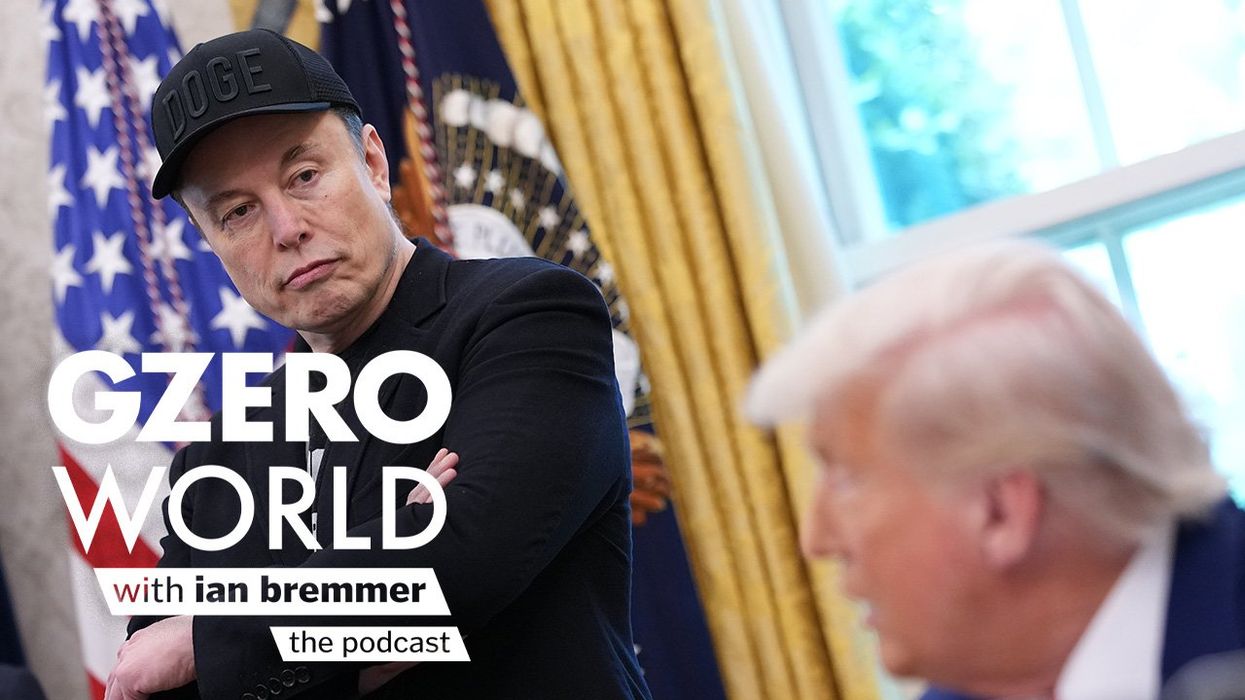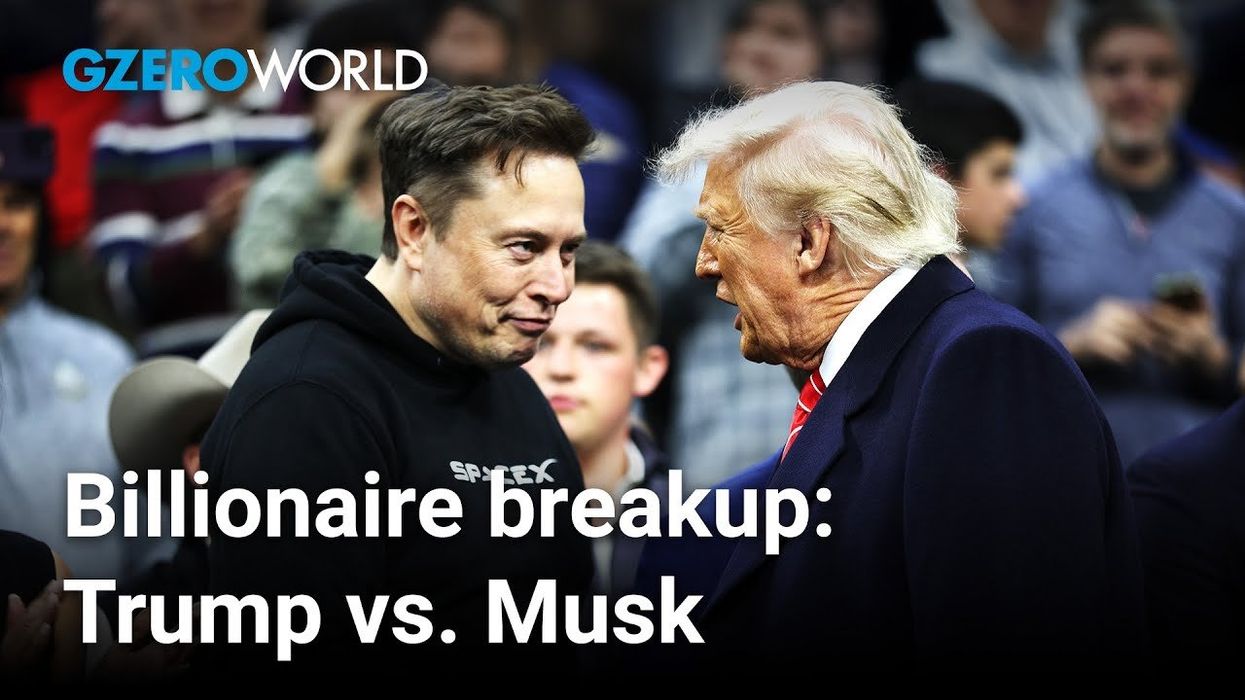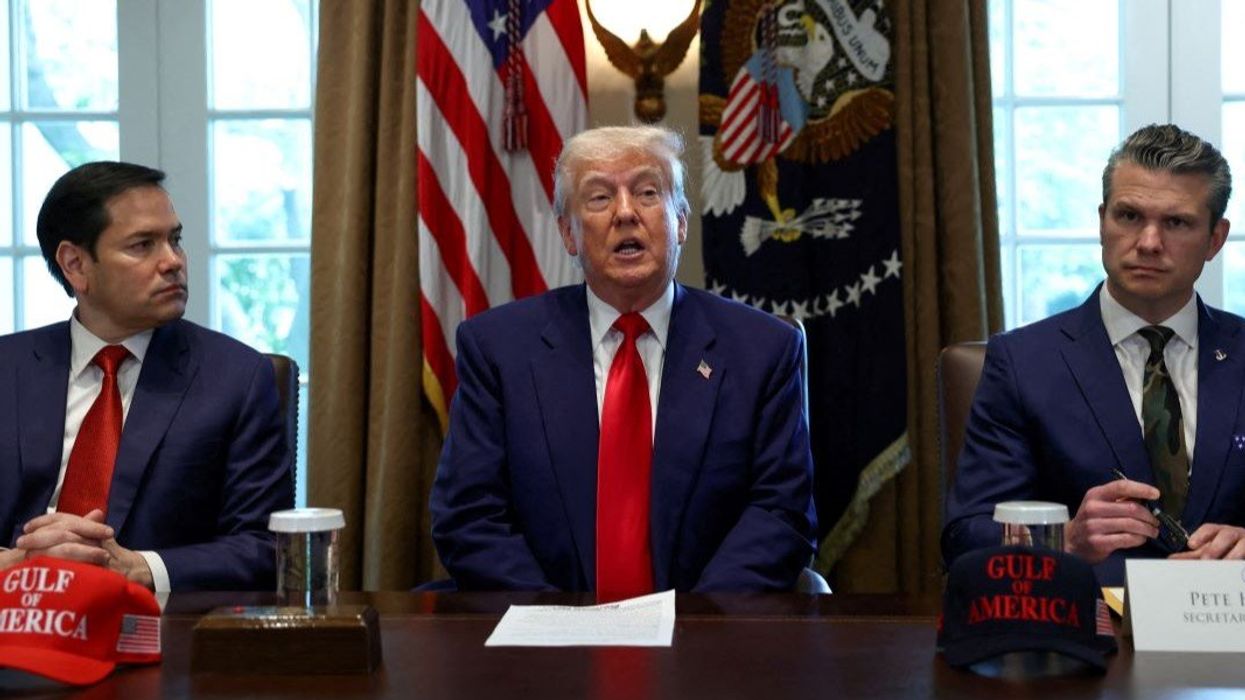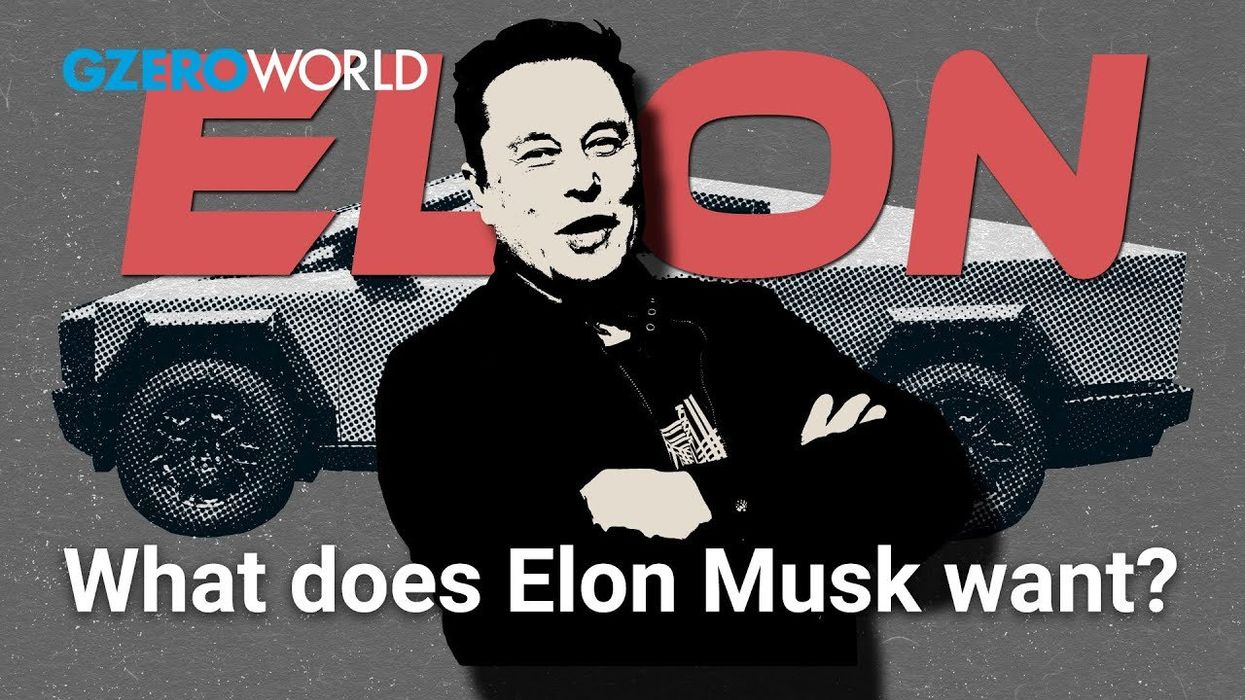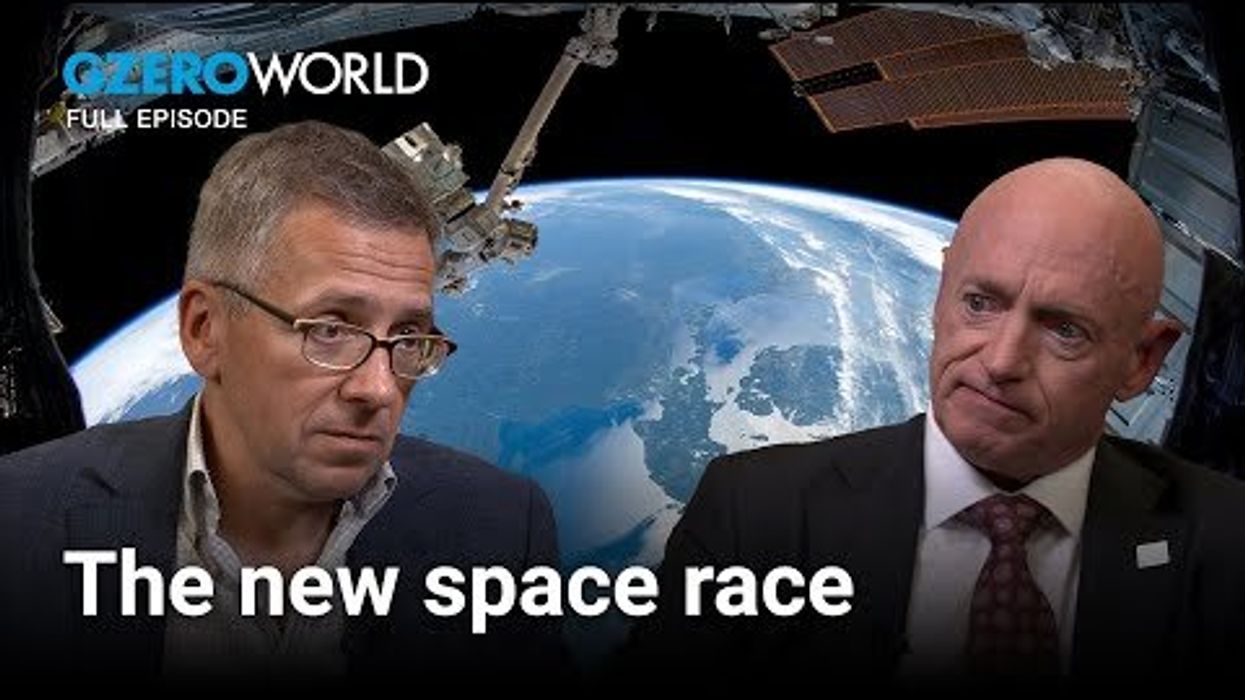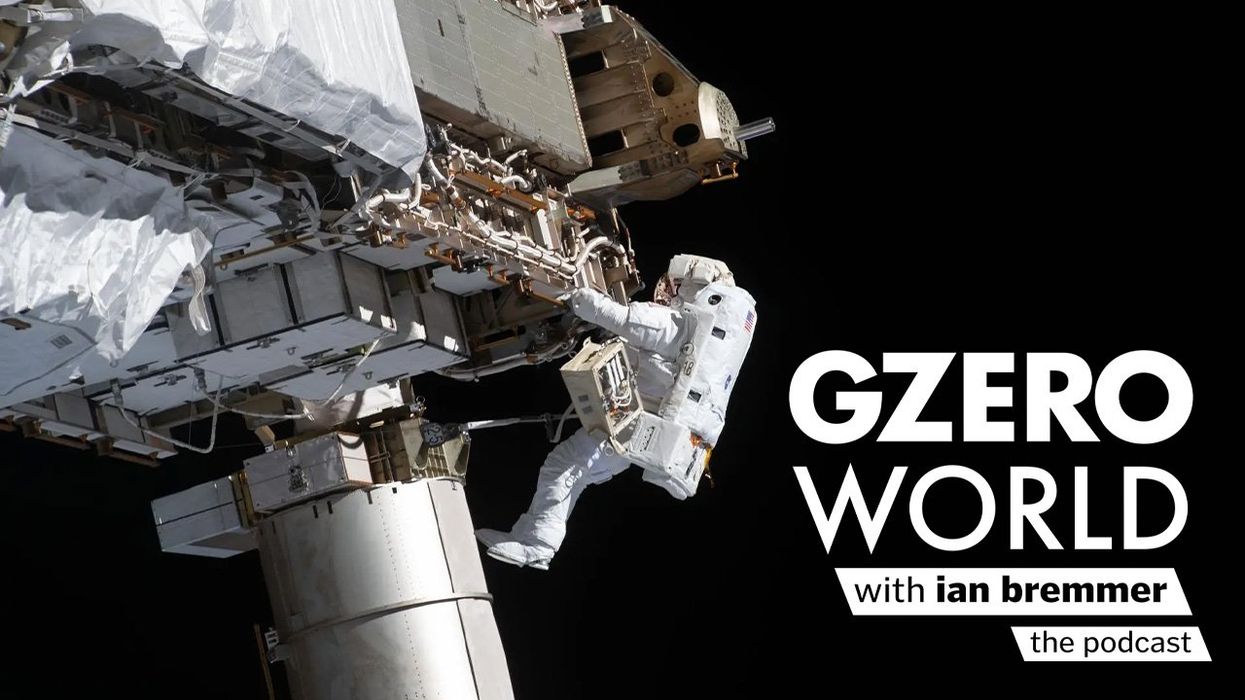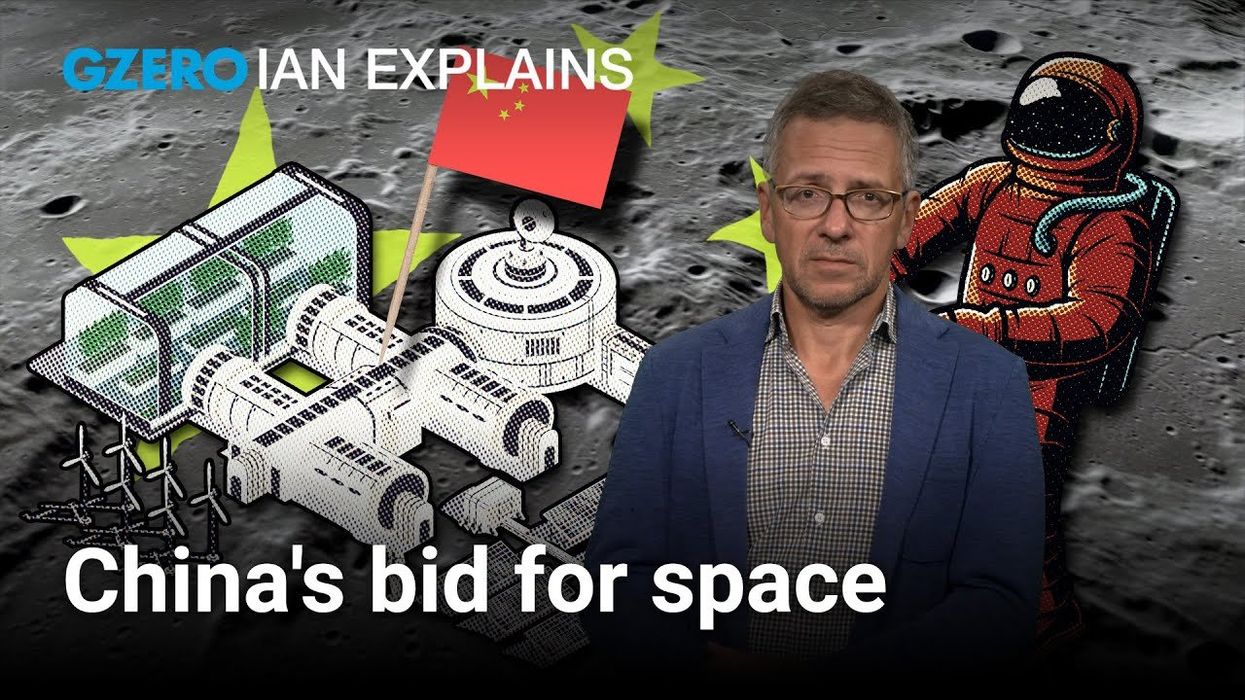GZERO World with Ian Bremmer Podcast
Where Trump-Musk bromance goes from here, with Semafor’s Ben Smith
Ian Bremmer and Semafor’s Ben Smith discuss how the Trump-Musk alliance imploded so spectacularly (and publicly) and if their relationship can survive the fallout.
Jun 11, 2025
